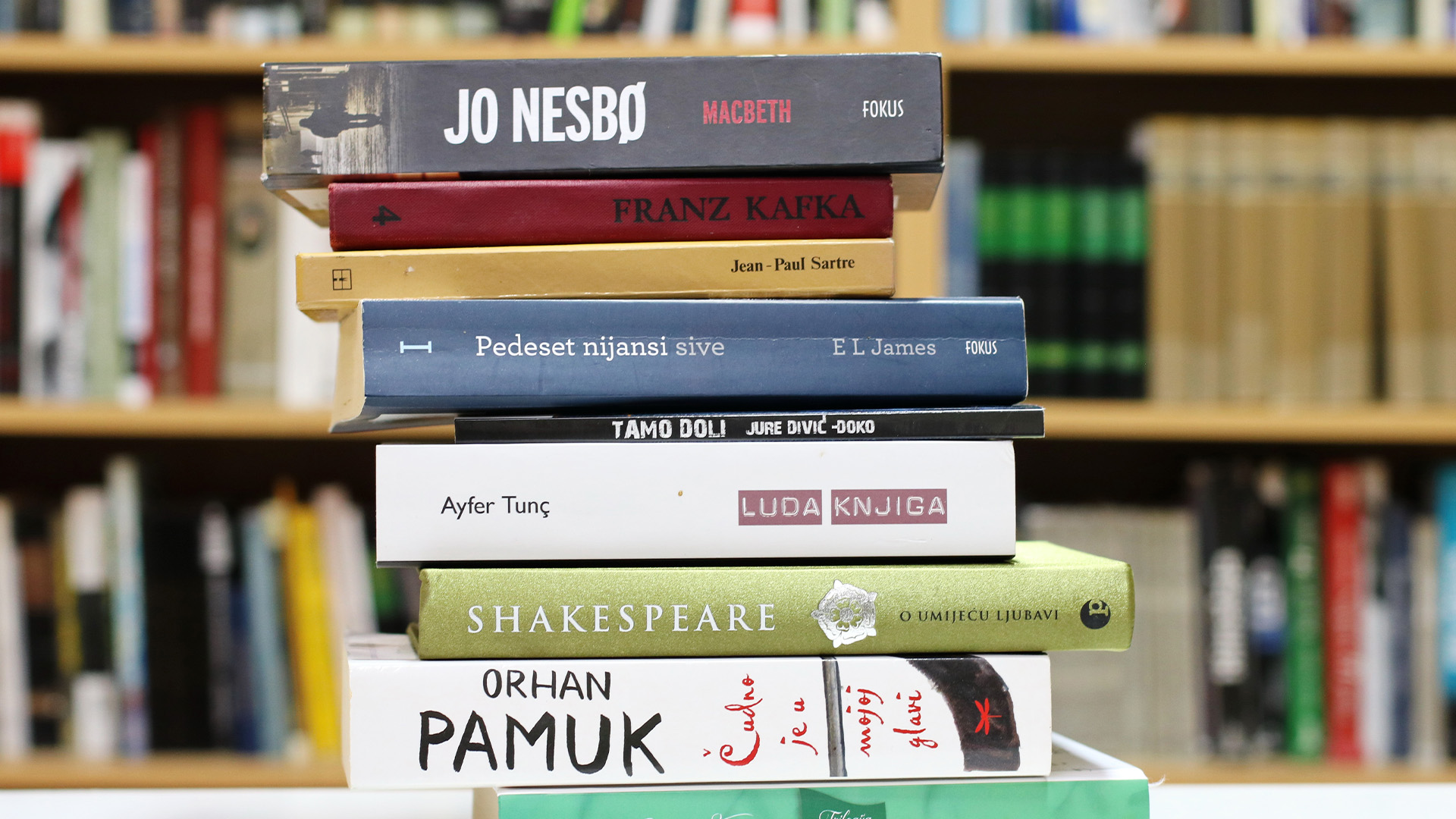You are viewing your 1 free article this month. Login to read more articles.
Unsung heroes
Translators carry works around the world and globalise authors, yet often they are not even credited.
Translating is complex. First in the work, which requires writing without writing, finding voices that are not ours: being invisible and leaving no trace of a new voice but reflecting the voice of the original author. The irony is that we are not really invisible because readers can spot a bad translation.
Translation is also complex because it requires very high integrity on behalf of the translator. A translation needs to be true to the original and honest, which is usually done without anyone monitoring the work as editors will often not know the original language. And the original author may not know the translation language, or at least not well enough to judge if the translator has been true to the original.
This is harder than one would think as sometimes there is a temptation to fix things, to correct, edit or make changes—but we must resist. The exercise is not to edit or rewrite the work. It is done within the constraints of the original work and voice.
It is complex mental gymnastics but amazing work because when you are in it, within the original author’s voice and seeing the translation form, there is excitement. And the further you go into the work the more normal it feels. Just as writers know what their characters would and would not say, a translator knows when something doesn’t fit. And well-written works are much easier to translate.
But our input is, most of the time, not asked for once we have sent in our first draft. It is not uncommon to see edits made to our work after delivery that change the original text, notion, meaning and voice. This is an odd strategy as we will better the work. I do try and fight to get the right to work with the editor on the translation and I get less push back now then before. But still, most of the contracts I receive do not have any allowance for this process.
The worst offenders, dare I say, are the large publishing houses who marginalise us, some even refusing to give us release schedules or copies of the finished works
Translation is complex, as the competition is fierce, not only among translators where a penny a word can make the difference no matter how revered the translator is. And the value of a laurelled translator has little appeal to many publishing companies, especially the big houses who still feel that a translator is a simple commodity awarded for their voice and not their lack of it.
But we are now also competing with AI. I have had several publishers say that they are now doing “their own translations” even though no one on staff speaks the language of the original text. They throw the text into AI translators—which, admittedly, are getting better and better, but are far from true translations—and then edit the text. I have never verified any of these translations, but I am hoping and suspecting that these may not preserve the writer’s voice but give it a new one.
Though I have to say that I will not deny that I too, use AI; not on whole documents, just when I am stuck. But I find it is harder to undo what the AI translator has done when it is wrong. I am sure I am not the only translator that has been asked to bid on a job and my price was considered too high—and then be asked later to fix that translation for a low price because publishers either threw it into AI or gave it to a less experienced translator.
I turn these propositions down as I find it more difficult and time consuming to fix a translation than to do it from scratch.
Translators are unsung heroes. We carry works around the world. We globalise authors. Yet, often, too often, we are not credited. I recently had one of the world’s largest publishing companies claim during contract negotiations that giving a translator a credit is a “courtesy”. And another house, almost as large, wrote: “We don’t typically include the translator’s name in our metadata or marketing materials.” Sure, there is an argument that sometimes “foreignness” can negatively affect sales which could defend not including it in marketing, but it does not excuse leaving translators out of the credits. I still think that there should be credit where credit is due in marketing as well, and especially when the translator has won awards. Marketing should use all the leverage it has.
Thanks to the recent hard work of those who understand the importance of the work of translators, this is slowly changing. The American Library Association and the press globally are staunch advocates of translators and our credits being included in listings and mentions. Many awards will no longer accept entries when the translator is not at least on the credit pages, if not the cover of the work. Small presses rarely exclude translators, many insisting on having them on the front cover and offering royalties. The worst offenders, dare I say, are the large publishing houses who marginalise us, some even refusing to give us release schedules or copies of the finished works.
But things are improving and hopefully someday all publishers will understand that a translator is a vitally important craftsman in international publishing—and never question that credit should be given where it is due.
Ivanka Hahnenberger is a translator from French and German and the general manager of VIP Brands, which represents international rights for comics and graphic novels. Her recent translation credits include Sylvia Douyé and Paola Antista’s Sorceline and Matthias Lehmann’s Parallel. She directed the Comics Corner at this year’s Bologna Children’s Book Fair and is curating the 2023 Comics at Frankfurter Buchmesse stream.


















